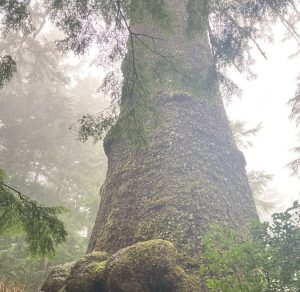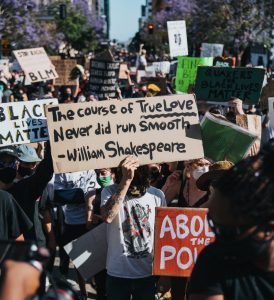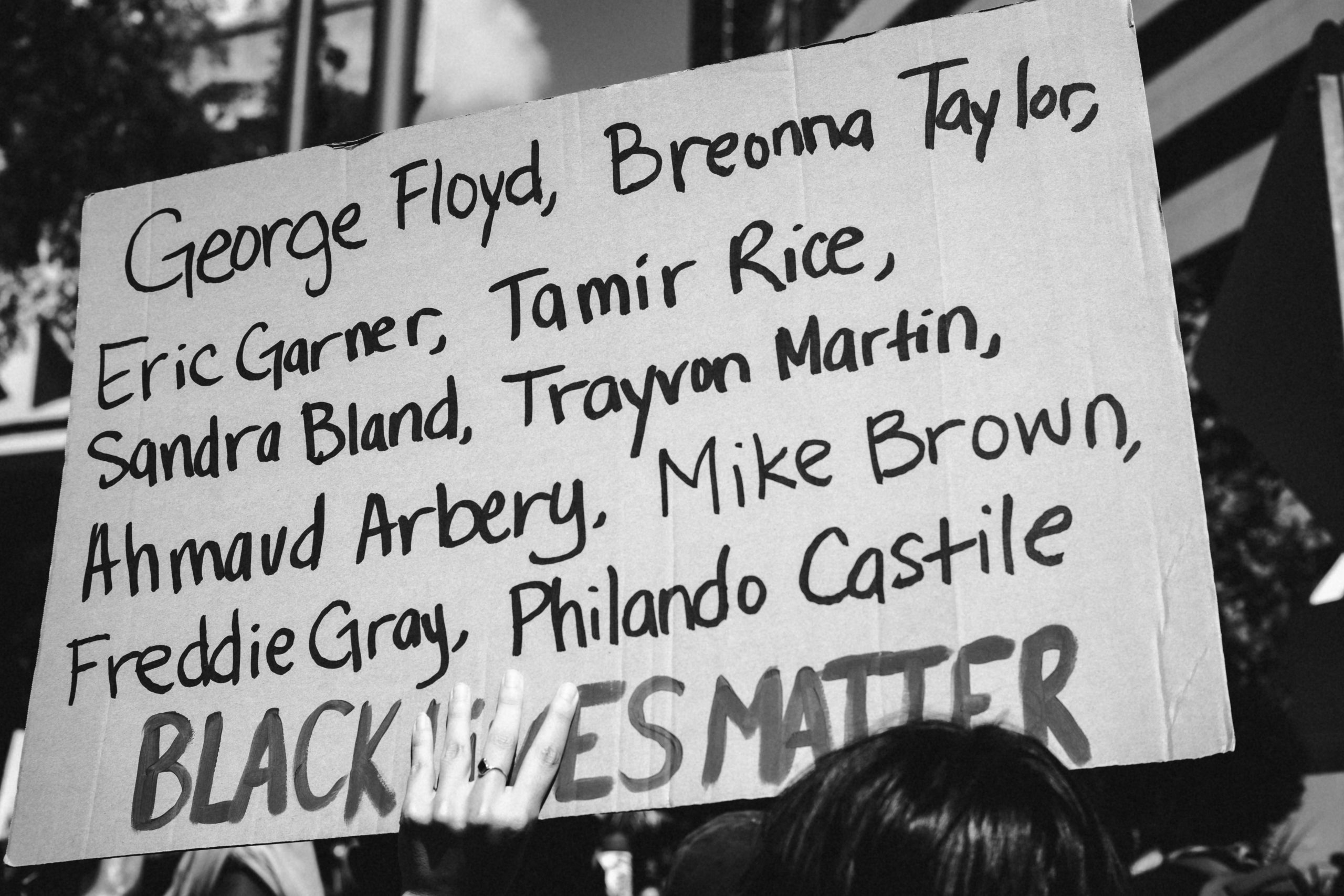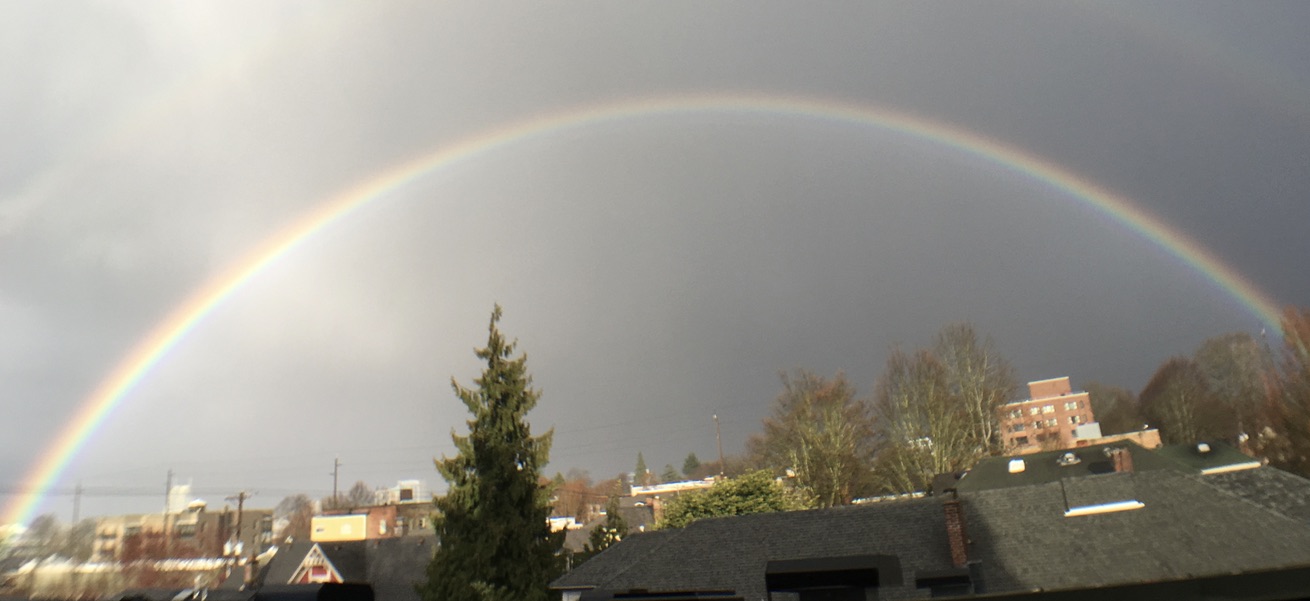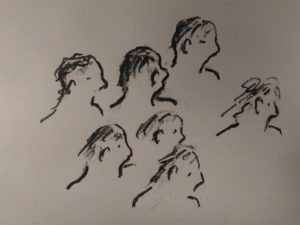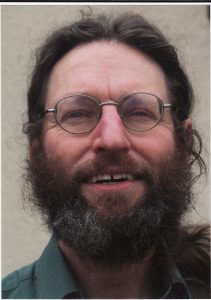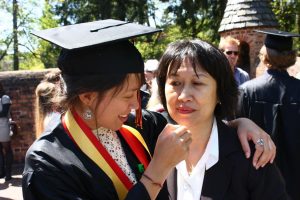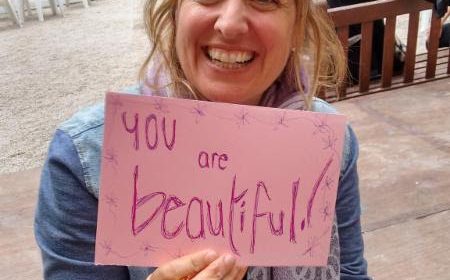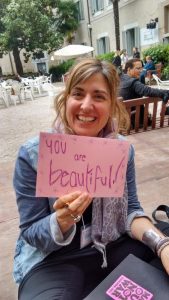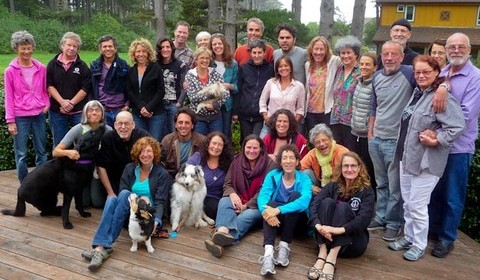Diversity, Equity and Inclusion Progress Report August 2021

August 2021 Diversity, Equity and Inclusion Progress Report from the Community Advisory Committee for the Process Work Institute Community
As published in our August 31 Newsletter.
Progress Report from the Community Advisory Committee
(Rhea Shapiro, Lynn Lobo, Mbali Maseko, Emma Dugan)
for the PWI Community
PWI has begun to actively engage in making changes to promote diversity, equity and inclusion over the last year, however this is the first official report from the Community Advisory Committee, and begins a commitment to regular progress updates.
Dear community,
We recognize that this is a long-term growth process and we are in the beginning stages. We plan to publish monthly updates on progress made at PWI in its Diversity, Equity and Inclusion (DEI) process to keep the entire community informed.
Please Note: In this report we are using: People of the Global Majority (PGM), an empowering term emphasizing that over 80% of the world’s population are people of color, not white. POC and BIPOC are US centrist terms not used or related to by most of the world.
Here is a report on PWI actions towards DEI goals over the last year:
1. In July 2020, PWI initiated a Board strategic working group to focus resources and leadership on anti-racism work, and search for an outside consultant to advise PWI in its DEI process.
2. In August 2020, PWI and the Board strategic working group established a community based anti-racism Community Advisory Committee (CAC) to advise the PWI Board and to bring external expertise, guidance and accountability to the organization. Members of the committee that represent the Global Majority receive an honorarium to acknowledge their expertise and time contributions.
3. The Community Advisory Committee has reviewed PGM, student, faculty and community feedback from past years and based on that feedback came up with recommendations for the PWI Board to make structural changes to support anti-racism in the Institute.
4. October 2020 In service faculty training: Errol Amerasekera and Dawn Menken: Working with Race at PWI – Learnings, Growth and Systemic Change,
5. In January 2021 leadership began working with outside consultant, Ed Porter (Courage of Care) to create anti-racism structures and strategies within PWI. Some of his suggestions are as follows:
- a. He has stressed the importance of staying in relationship and working with our differences.
- b. Recognizing that the social issues and culture are in constant change so we need to create structures that can respond to the present needs of our students and faculty.
- c. He suggested we discuss cultural appropriation both inside the organization and publicly in the larger community. We organized a PWI faculty roundtable in the school and plan to post responses. We also plan to create a public roundtable in fall 2021.
- d. He has emphasized the importance of uplifting the PGM faculty voice. This is a long-term project. PWI has begun to address this need by engaging more PGM faculty both in public courses and in the academic course curriculum.
6. PWI has strengthened its Grievance Procedures to address rank issues and bring up student DEI complaints. In January 2020, we created an Ombuds role (Rhea Shapiro) to investigate and discuss complaints to reach a satisfactory resolution for the student. This process has been used by 2 students since its inception.
7. June 2020, there was Institutional acknowledgment to the PGM community through the PWI newsletter of our grief and regret surrounding past actions and our commitment to changing. See Newsletter June 15, 2020.
8. In Sept 2020, an apology was sent by email to PWI students and faculty. We include a copy of that to share with the whole community:
Update on Racial DEI (Diversity, Equity, Inclusion) Work at PWI (Sept 2020)
Hello to everyone reading this update on our racial equity work here at PWI. As Hellene stated in her June update: “As an organization we are committed to earning back trust through actions and outcomes.“ As a predominantly white organization we have begun to actively struggle with our white dominant culture and actions.
The PWI board, faculty and administration are totally committed to the work of creating a school that is anti-racist with an DEI focus. We have had an unconscious white lens and we are waking up around this and we are dedicated to change; to becoming an anti-racist organization where everyone’s reality is truly supported and encouraged.
We cannot go back in time, but we can apologize to the many People of the Global Majority, both faculty and students, who have suffered with the actions and attitudes that come from our white privilege within PWI. Many students and faculty have been speaking out, saying that this has been happening for far too long in our organization. Our white micro and macro aggressions created a culture that has been painful and debilitating. We know that just an apology is not enough.
Realizing this and trying to change this culture, the PWI Board is instituting a systemic DEI Change Process. In July, the board created an Anti-Racism Work Group. Also, we have begun to connect with community members to create a Community Advisory Committee that will give PWI feedback about how we are doing. We are engaging a Strategic Planner to help us create a long-term plan for racial equity. Also, we are initiating conversations within the school with an outside facilitator to address white dominance. We are committed to this change process and making PWI a safer place for People of the Global Majority and all of us connected to the organization.
Thank-you, the Anti-Racism Work Group, PWI Board (Rhea Shapiro, Elva Redwood, Irina Feygina)
9. In Spring 2020 PWI created PGM student scholarships of which 2 students have made use. Also funded were PGM Guest Faculty positions for the Masters of Process Work Race and Culture class.
10. We have the intention of significantly increasing People of the Global Majority representation on the PWI Board. In Summer 2021, Diane Wong joined the board and we are in the process of inviting a second member.


